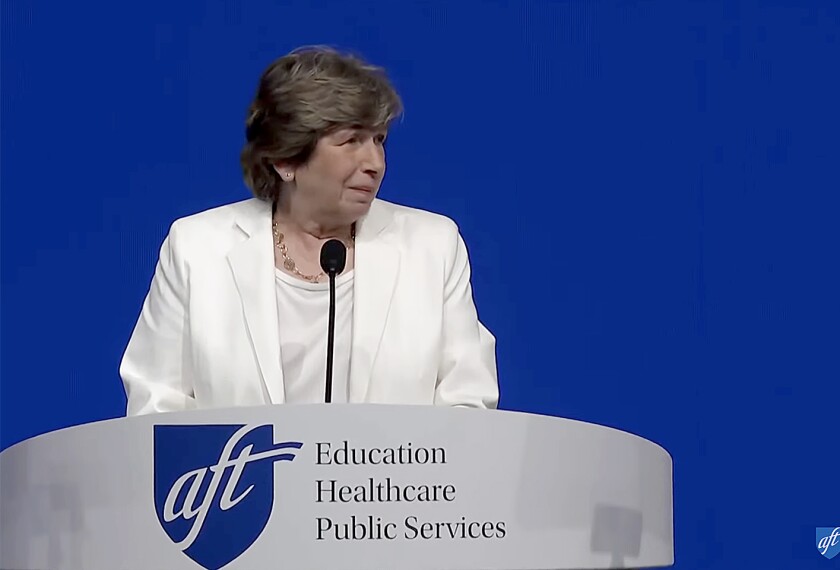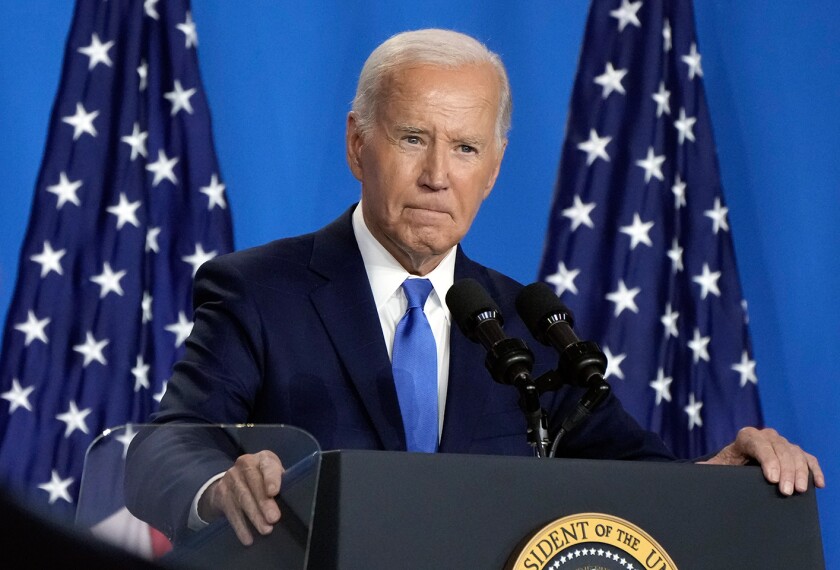Is there anything wrong with receiving $500 for a test score? What if that inducement seems to help pull up SAT scores and college-enrollment rates among disadvantaged students?
A recent study by C. Kirabo Jackson, a professor of labor economics at Cornell University in Ithaca, N.Y., answers neither of those questions. But as money-for-achievement programs grow in New York City and elsewhere, the research pours new fuel on the debate over whether remuneration works in education and what the trade-offs are.
Published last month on the Cornell Higher Education Research Institute’s Web site, the study found that when students and teachers in disadvantaged Texas public schools were offered up to $500 for each passing Advanced Placement score, AP participation and scores rose.
Yet Mr. Jackson said the main spur for the score jumps at the schools in Texas’ Advanced Placement Incentive Program, or APIP, didn’t seem to be cash.
Should students be given the chance to cash in on their AP scores? Join the discussion.
“I can’t say conclusively if it was or it wasn’t, but what I heard from guidance counselors was … that it changed the culture of the school,” he said.
Suddenly, for example, AP classes were no longer seen as cripplingly uncool, he said, but a way to buy a new iPod.
Though the cash awards were limited to AP tests, the students’ achievements were not.
Comparing college-entrance-exam scores at schools before APIP and three years afterward, Mr. Jackson found an average 33 percent net increase in students scoring above 1100 on the SAT or 24 on the ACT. That gain was over and above increases that the schools would have been expected to see otherwise, based on comparable schools.
Over that same period, schools also registered an 8 percent net increase in students enrolling at Texas colleges following their adoption of APIP, again taking into account increases experienced by non-APIP schools.
One critic of financial-incentive programs, Ronald E. Chennault, an education professor at DePaul University in Chicago, called APIP “potentially problematic,” but “better designed and more careful” than New York’s cash-for-grades program, which pays students small sums to take standardized tests and bigger amounts to earn perfect scores.




